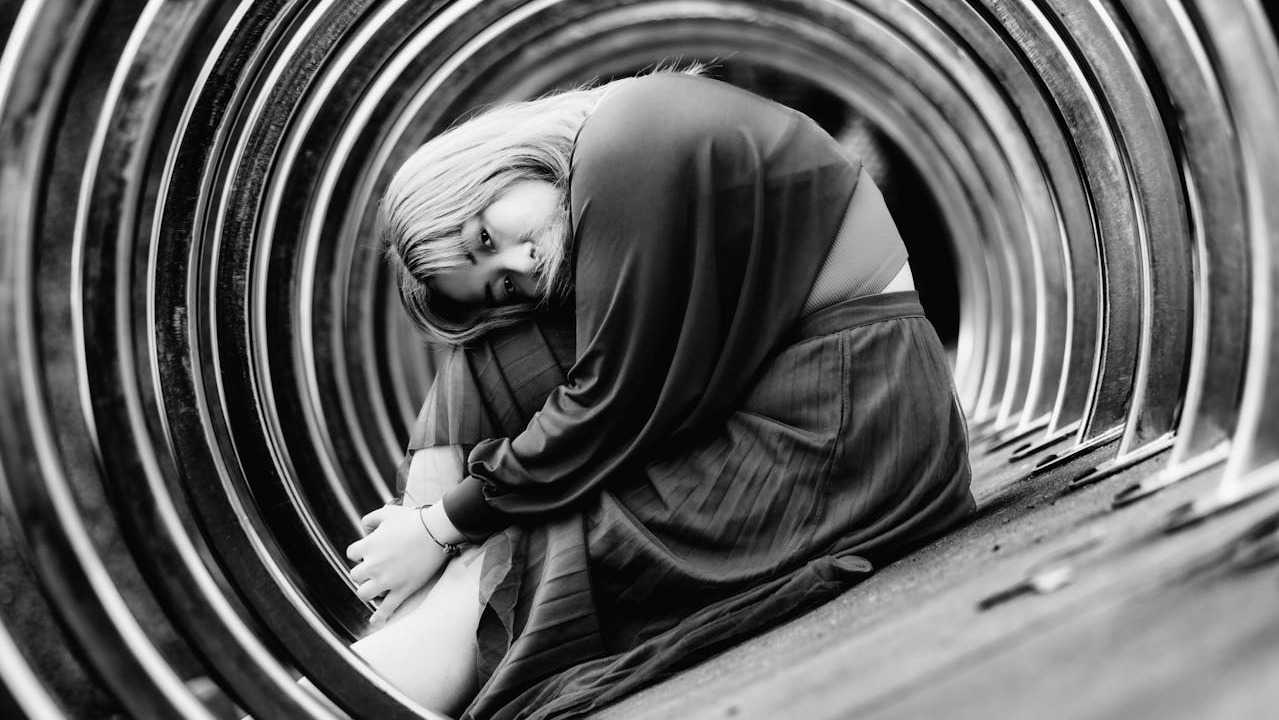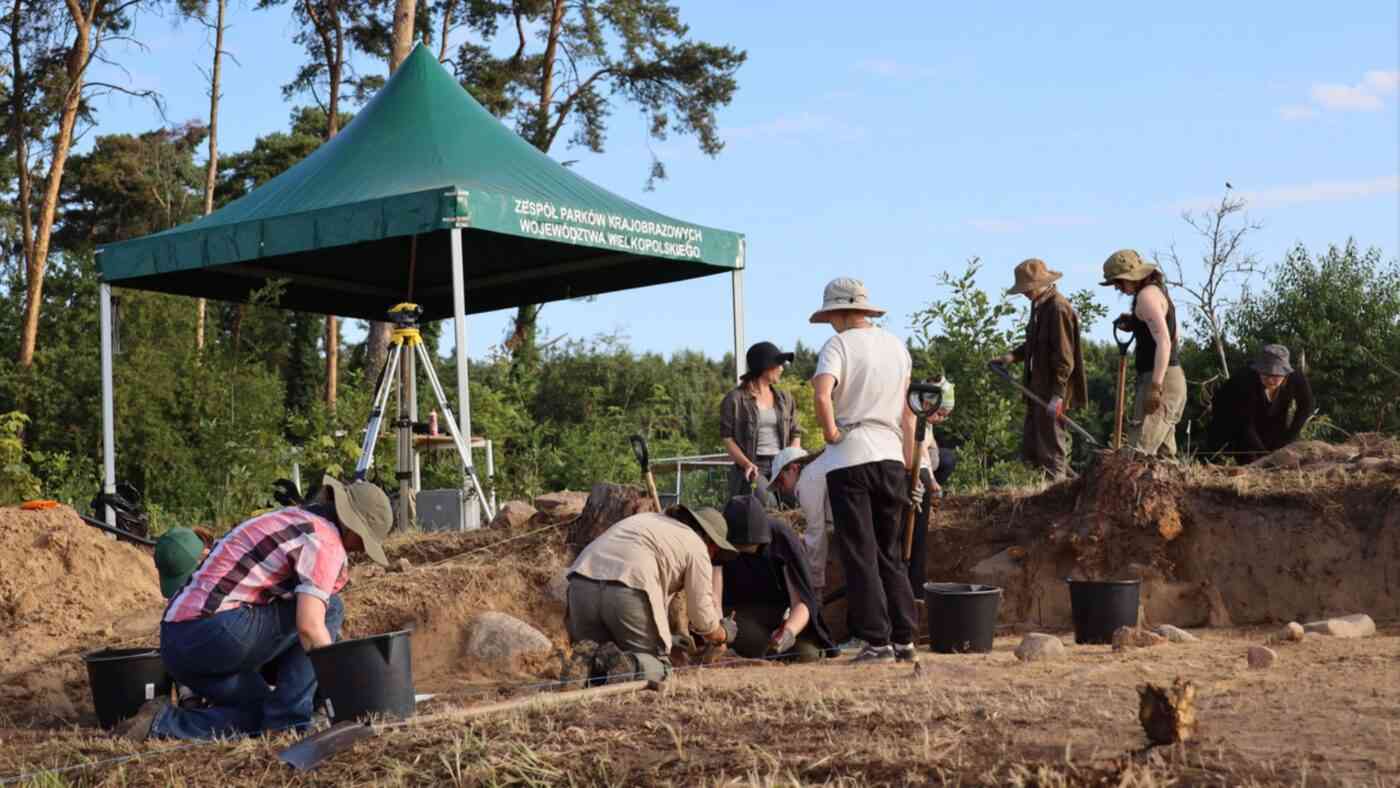Science
We Buy More Than We Plan. How the Psychological Trap Works
31 December 2025

Although individualism is doing well, none of us is a lonely island. We need belonging, identity and identification with a community close to us. Have you ever wondered what identity is? Is it information recorded in the family tree? A guarantee of relative stability in a world full of uncertainty? Is it possible to lose or regain it?
Ewelina Karpińska-Morek works at the Arolsen Archives International Center on Nazi Persecution. She is the coordinator of the #StolenMemory campaign in Poland, which focuses on finding relatives of victims and returning their personal items taken from their loved ones during World War II. We ask her if identity can be lost.
I had never thought so deeply about the concept of identity before. In 2016, I came across stories of children abducted by the Germans during World War II and a statement that I heard many times later from the victims’ mouths: “I have lived my whole life and I do not know who I am”
– she answers.
We recommend: What Do We Regret Most Before We Die? Final Thoughts and Words
Not only does science suggest that identity is formed based on individual experiences but also through belonging to various social groups.
We are social beings
– recalls Aleksandra Porankiewicz-Żukowska, PhD, from the Department of Sociology of Culture at the University of Białystok.
We have evolved as a species in such a way that we develop many basic skills through interactions with other people. In children, the attachment-based relationship with loved ones stimulates the nervous system, thus developing the ego, mind and personality. We are talking about early childhood, but social relationships are essential for our well-being throughout our lives.
When we feel we belong, we have a sense of stability and security. It is one of the foundations of mental health. We learned how much isolation means and how damaging it is quite recently during the coronavirus pandemic.
Porankiewicz-Żukowska graphically compares identity to a multidimensional concept, plastic structure, reflecting the social relationships into which the individual enters.
Contemporary identity is as complex as the sociocultural context that surrounds us. It involves belonging to multiple structures, groups and sometimes even cultures. It operates on several levels simultaneously, with us taking on various roles and belonging to multiple groups. This allows us to maintain mental stability even in the event of losing connections with one of those groups
– she explains.

According to Ewelina Karpińska-Morek, identity is a key aspect of our self-perception, both individually and socially. It is the foundation on which we build our lives and relationships. In wartime, when a person becomes deprived of their name and surname, their place and date of birth are changed, and all ties to their past are severed, their identity becomes a battlefield.
The Nazi regime effectively stripped people of their identity. Children were abducted from orphanages, hospitals, and schools, their names and surnames were changed, and they were taught German.
It was a common identity theft
– our interlocutor emphasizes.
This process was not limited to children. Prisoners of concentration and extermination camps were reduced to numbers, stripped of all personal items and marked with special symbols to indicate their affiliation to the persecuted group.
Social identity, built over the years, was destroyed in an instant.
We recommend: Where Are the Limits of Forgiveness? To Forgive Does not Mean to Forget
The loss of identity in the strict sense is a medical condition, characteristic of a number of mental disorders. It involves suffering and losing the ability to define and distinguish oneself from others. On a social level, losing a connection with an important social group with which we strongly identify can lead to similar effects.
Fortunately, it happens relatively rarely
– assures Porankiewicz-Żukowska.
We do not have to lose our identity to lose our grip. Let’s imagine the emotions of a teenager growing up, finding out that they were adopted, or an emigrant sailing for work to the other end of the world unknown to them. A man who only learns as an adult that he has been adopted may experience identity shock. Their whole life may seem to be built on a false foundation, which raises questions about who they are. On the other hand, the emigrant, leaving behind his language, homeland, and loved ones, must build himself up again in a new environment.
Therefore, there is no need for the drama of war or the loss of identity in the medical sense of it, to be torn out of the familiar environment and socio-cultural relations and thrust into the unknown. However, the bestiality of the occupation of Poland – forced relocations, Germanization, or taking children from parents and placing them in new families into the depths of the Third Reich – clearly illustrates the tragedy of people deprived of their relatives, their identity and history at one time.

Regaining one’s identity after years, especially when lost in childhood, is complicated and painful. Ewelina Karpińska-Morek tells the story of a person who was repatriated to Poland in 1946, who did not know who they were or where they came from all their life:
They built and lived their life, not knowing where they came from. It is as if the tree never put down its roots. It is hard to imagine how such a mutilated person, whose dream at the end of their life is to know the place of burial of their parents, just to visit their grave.
During her work at the Arolsen Archives, Karpińska-Morek came across stories of war victims whose identities had been managed to be established. These stories were also far from a clear-cut happy ending. She mentions little children torn from their family homes in occupied Poland – thousands of such children. They did not remember their biological parents. They were taken to a new home and adopted a different culture, language and values. They became Germans.
When, years later, adult children discovered the truth about their origins, they accepted or rejected it. Ewelina Karpińska-Morek tells about the siblings of Józef Sowa. The Germans murdered their parents before five children’s very eyes and then separated the offspring. One of the girls was taken to the Third Reich.
Her siblings found her many years after the war. Jasia, because that was her original name, could not believe she was from Poland. She shut this thought out. She also had a completely different perspective on the war. She did not believe in the responsibility of the Germans because had been taught different history. Józef Sowa kept in touch with his sister until his last days. He unsuccessfully tried to persuade her to accept her Polish heritage.
Can an identity once lost be regained? Listening to the story of Józef Sowa’s sister, too small during the war to remember her heritage, one can also ask a slightly different question: Is it possible to get back something that one did not have?
The answer largely depends on how strong the bond was with what we have lost.
Our strength is the ability to constantly modify our identity to suit social requirements and stabilize our well-being. In this sense, the loss of one of the social identities causes changes to the whole structure. They may have the character of a violent revolution or a slow evolution
– points out Aleksandra Porankiewicz-Żukowska.
And adds:
The question is, how important the lost identity was to us. If it was fundamental, its loss carries serious and long-lasting consequences that motivate the individual to regain it. If it is not so important for the individual, then reclaiming it will not be necessary and another identity will replace it.
Translation: Marcin Brański
Polish version: Niemieckie zbrodnie. Odzyskiwanie skradzionej tożsamości


Humanism
30 December 2025

Zmień tryb na ciemny